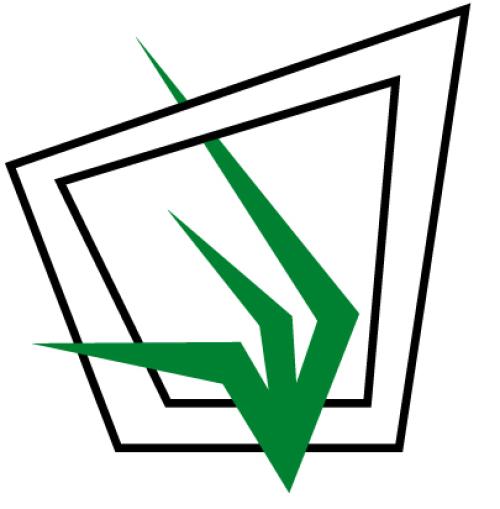The meteorological and agricultural assessment techniques that have been developed in South Africa are discussed, with reference to their strengths and weaknesses, application and suggested future developments. Future challenges in drought assessment as influenced by democratization are also considered. We conclude that meteorological methods have several inherent deficiencies which render them risky for the optimum allocation of drought relief. Agricultural drought assessment is suggested to be more preferable. Current agricultural drought models should nevertheless be improved to deal more successfully with the dynamic nature of rangeland. Evidence indicates that no absolute objective biophysical criteria for the quantification of the onset and the end of a drought have been identified and that all current criteria have an inherent subjectivity. Choosing appropriate interpolation techniques for mapping drought extent is a cause for concern, and there is scope for future research. Remote sensing techniques, integrated with crop modelling techniques, are options to pusue further. We finally suggest that in a democratic South Africa, more attention should be given to a multi-disciplinary approach where impacts, other than meteorological and agricultural, on previously disadvantaged black farmers are also assessed.

Journal articles from the Grassland Society of Southern Africa (GSSA) African Journal of Range and Forage Science as well as related articles and reports from throughout the southern African region.